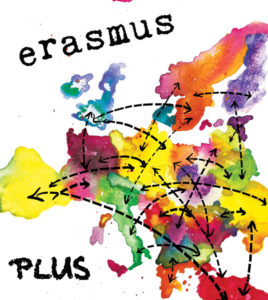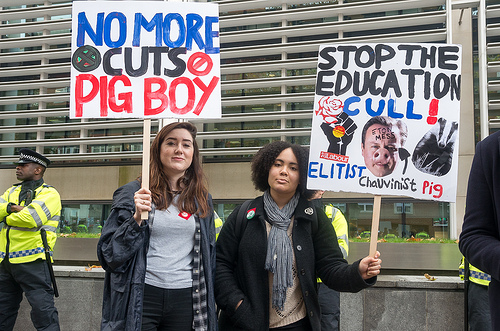Higher education is of considerable
importance to policymakers across the world, frequently viewed as a key
mechanism for achieving a range of economic, social and political goals.
Nevertheless, despite the importance attributed to higher education within
policy, we have no clear understanding of the extent to which conceptualisations
of ‘the student’ are shared across and within nation-states.
A central aim of the proposed edited
collection is thus to bring together a range of scholars from different parts
of the world and various disciplinary backgrounds (e.g. education, sociology,
geography, media, political science, social policy) to investigate the ways in
which contemporary higher education students are understood. The chapters will
bring empirical evidence to bear on a range of dominant constructions of the
student – for example, as consumers, significant political actors, future
workers, dependent adults-in-the-making, as well as learners – and explore the
extent to which these are patterned by nation-state, higher education
institution, and the social characteristics of students themselves. Of
particular interest is the ways in which these conceptualisations sometimes
‘jostle uncomfortably’ in relation to each other, with different stakeholders
portraying students in somewhat contradictory or divergent terms
A proposal will be submitted to the Routledge/SRHE
Research into Higher Education Series (see http://www.routledge.com/books/series/SRHE/)
in spring 2019.
If you would like to have your work
considered for inclusion in this edited collection, please send an abstract (of
approximately 500 words) and a brief biographical statement to Rachel Brooks at
the University of Surrey, UK (r.brooks@surrey.ac.uk) and Sarah
O’Shea at the University of Wollongong, Australia (saraho@uow.edu.au) by 28 February 2019. Chapters could focus
on one or more of the following areas:
- Dominant
understandings of higher education students within policy (either national or
international policy) and the ways in which this reflects (or not) the relevant
context
- Perceptions
of ‘being a university student’ as articulated by one or more of the following
groups: students, higher education staff, policymakers
- Media
and /or marketing representations of students
- Differences
in understandings of students by particular social characteristics e.g. social
class, ethnicity, gender, nationality
- How
understandings of students differ across national contexts and/or within particular national contexts
- Ways
in which academic scholarship has theorised students and the critical
implications of this within the sector
- Differences
by academic discipline in the conceptualisation of students

 A new article from the project has just been published in Higher Education. It is by Predrag Lažetić, and is called ‘Students and university websites—consumers of corporate brands or novices in the academic community?’. It compares the positioning of students and corporate branding features on higher education institution websites within the higher education systems of Denmark, England, Germany, Ireland, Spain and Poland, and argues that there is considerable diversity in the portrayal of student applicants, rather than a common construction as only consumers. You can read the full article
A new article from the project has just been published in Higher Education. It is by Predrag Lažetić, and is called ‘Students and university websites—consumers of corporate brands or novices in the academic community?’. It compares the positioning of students and corporate branding features on higher education institution websites within the higher education systems of Denmark, England, Germany, Ireland, Spain and Poland, and argues that there is considerable diversity in the portrayal of student applicants, rather than a common construction as only consumers. You can read the full article  which articulate with extant debates about both the repositioning of higher education as an economic good and the use of the ‘hard-working’ trope across other areas of social policy. You can read the full article
which articulate with extant debates about both the repositioning of higher education as an economic good and the use of the ‘hard-working’ trope across other areas of social policy. You can read the full article 

